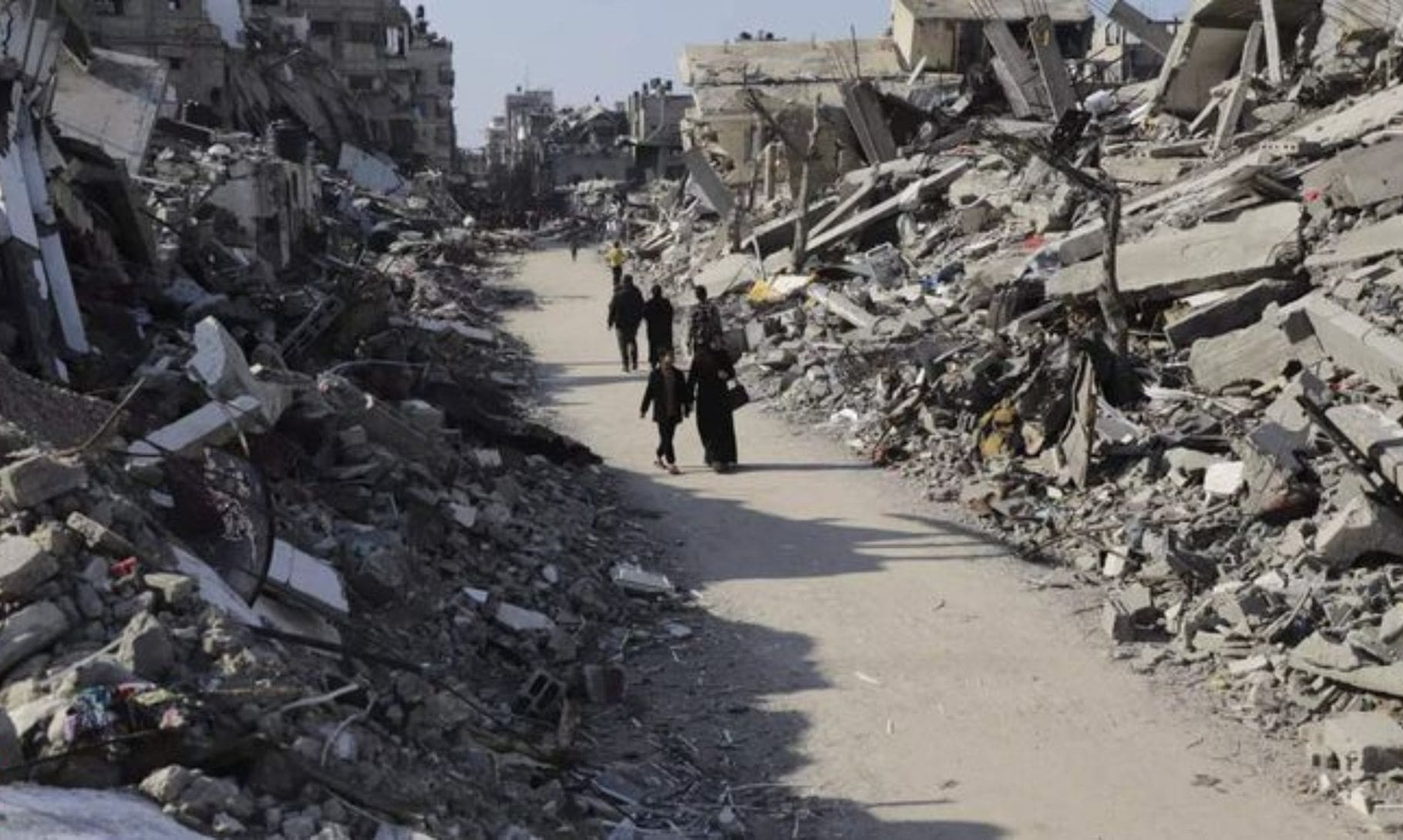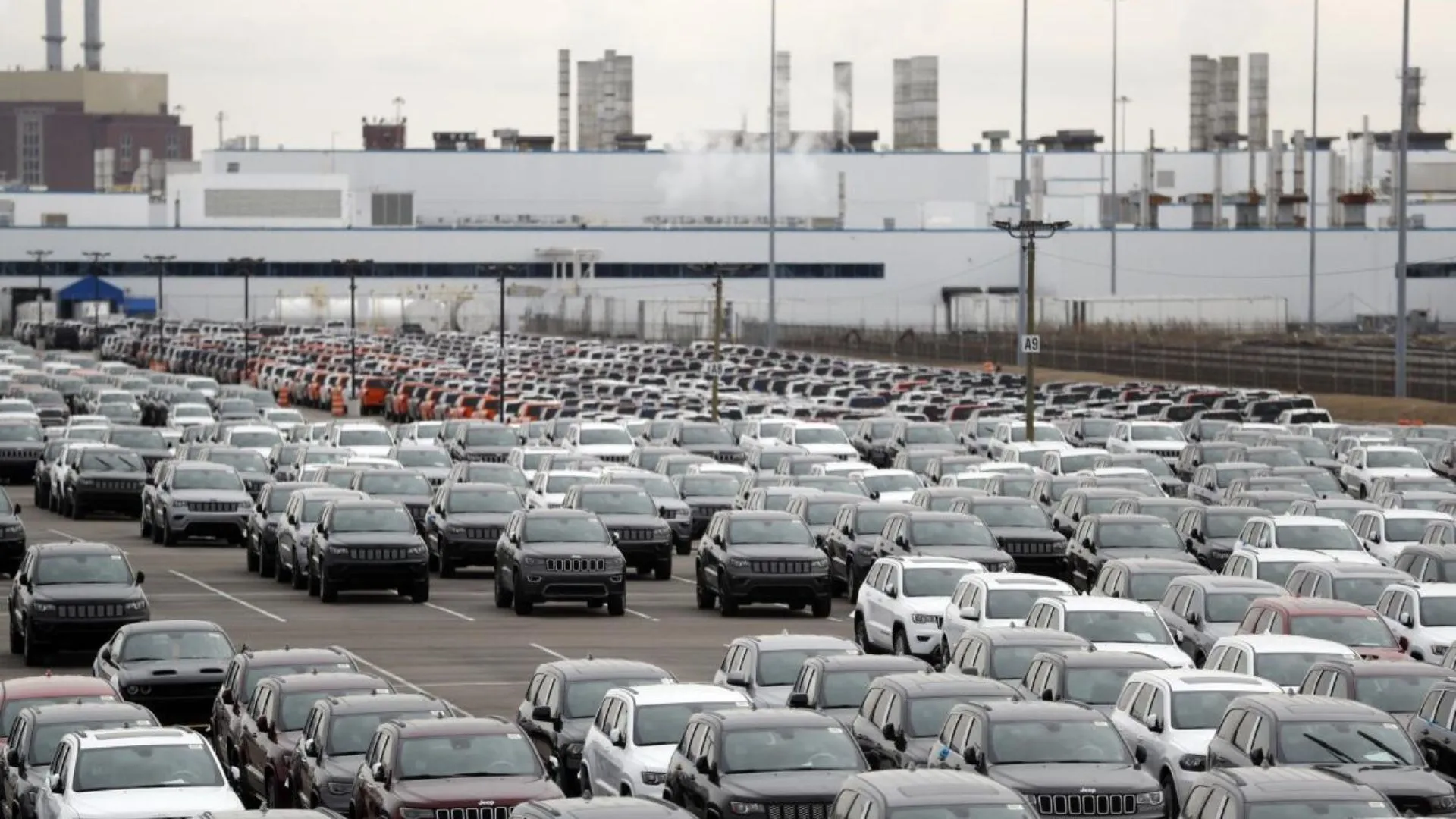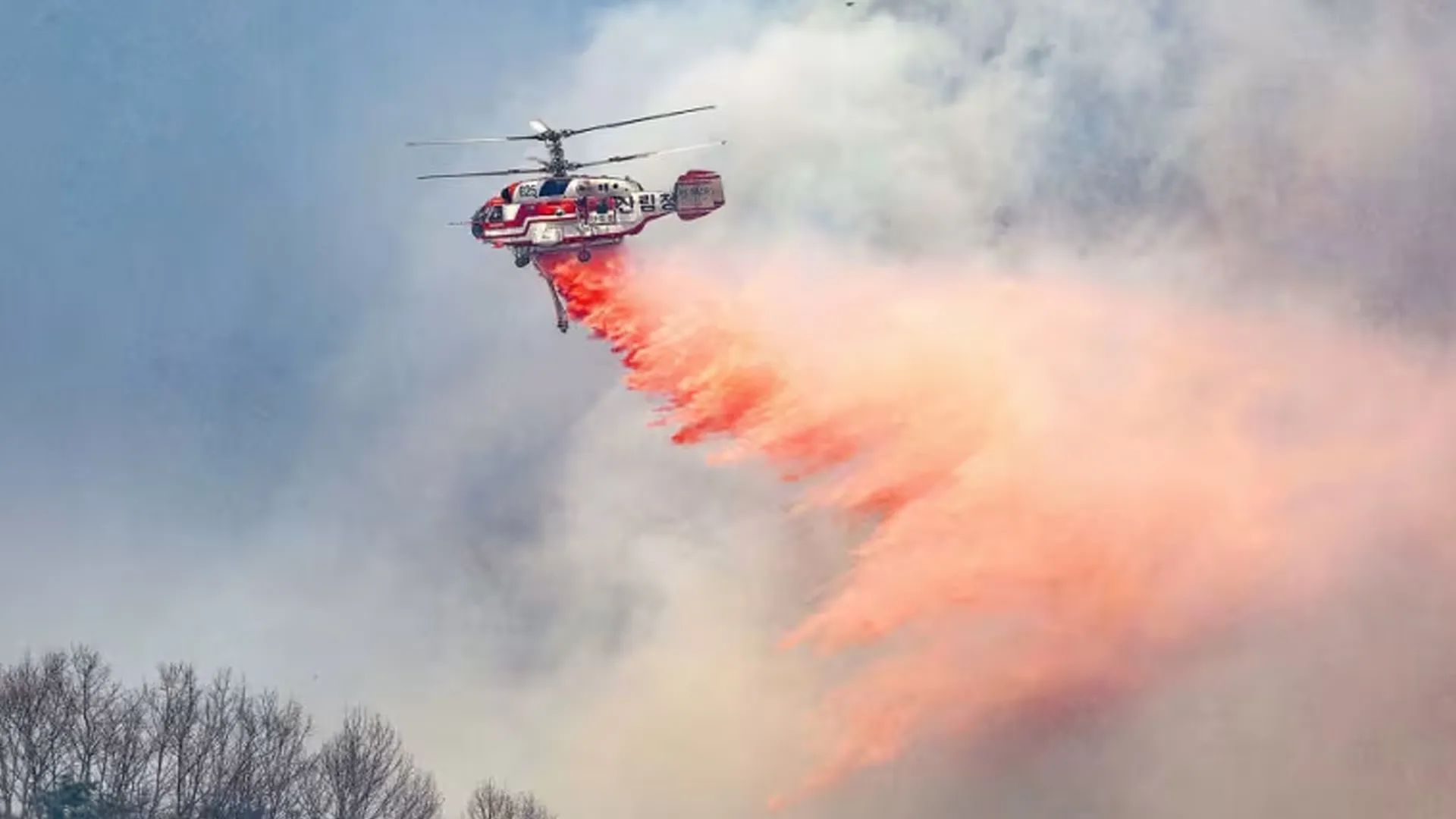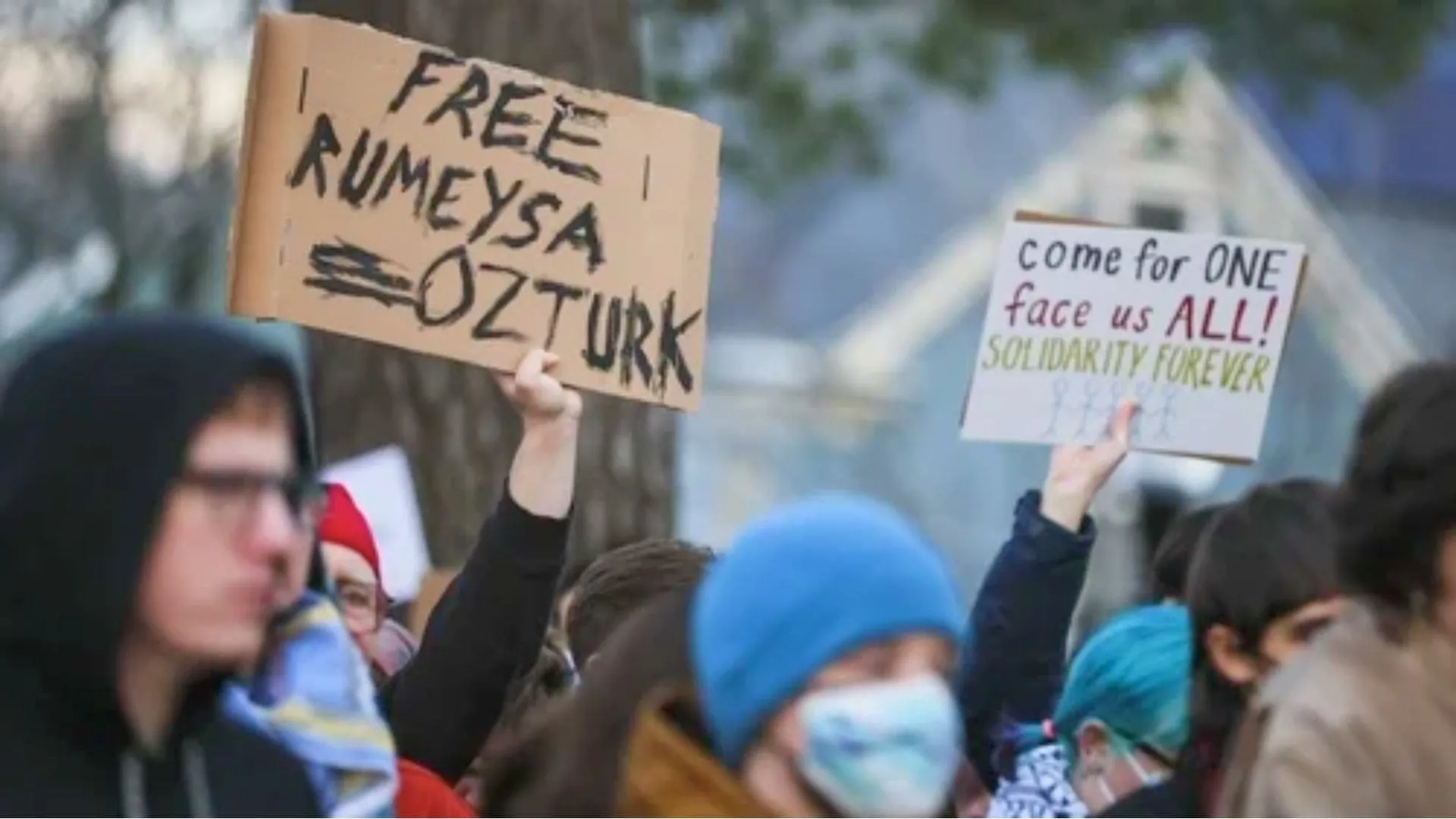Israeli military has decided to pause its operations temporarily to allow more humanitarian aid into Gaza, which has been severely affected by the Israel-Palestine war. This includes reopening the Erez Crossing which is the main passenger terminal, and using the Ashdod port to manage aid shipments. These actions are Israel’s efforts to respond to US demands for improved humanitarian access and the protection of civilians in Gaza.
As of June 14, at 3:30 pm in Gaza (12:30 GMT), at least 37,266 people have been killed, including more than 15,000 children, with over 85,102 people injured and more than 10,000 missing. In the West Bank, the death toll is at least 547 people, including 134 children, with more than 5,000 injured. Meanwhile, Israeli officials confirmed that 1,139 people lost their lives in the October 7 attack with at least 8,730 people injured.
Details of Israel’s four-hour pause
According to a statement, Israel will implement daily four-hour pauses in its military operations in northern Gaza. These breaks are planned to ensure the safe delivery of aid to civilians caught in the conflict. The US has also stressed the importance of increased humanitarian support and emphasized the need to protect aid workers and civilians. US Secretary of State Antony Blinken pointed out that nearly the entire population in Gaza is experiencing severe food insecurity and urged Israel to continue prioritizing aid delivery efforts.
Meanwhile, the Biden administration has been urging Israel to take stronger humanitarian actions due to growing international pressure. President Biden has asked Israeli Prime Minister Netanyahu to improve the safety of civilians and aid workers and also to work towards a ceasefire. While Biden has called for an immediate ceasefire, he clarified that this doesn’t mean stopping U.S. military aid to Israel but is a push for more serious humanitarian efforts.
Notable increase in aid to Gaza
Recently, 106 trucks with humanitarian aid entered Gaza in a single day which is a notable increase compared to previous weeks when little to no aid was delivered. However, US officials and aid organizations point out that this is still not enough to address the crisis. The United Nations Relief and Works Agency (UNRWA) also noted the critical need for fuel supplies, which are essential for their operations and overall relief efforts in Gaza.
The international community is closely analyzing these developments, urging both Israel and Hamas to follow humanitarian standards and ensure aid reaches those in need. The tactical pause and increased aid flow are positive steps, but ongoing efforts and global cooperation are needed to fully address the humanitarian crisis.























